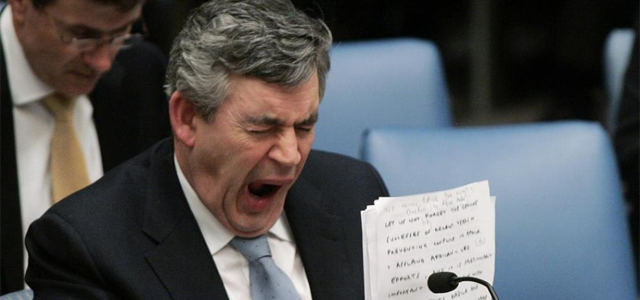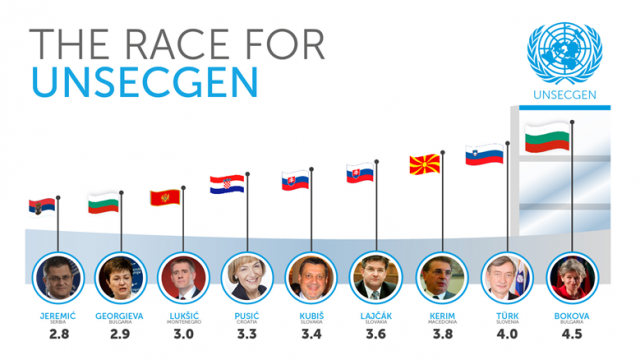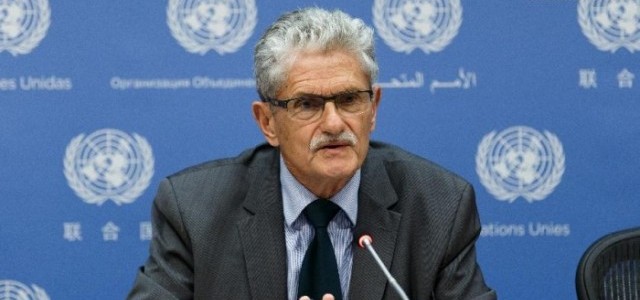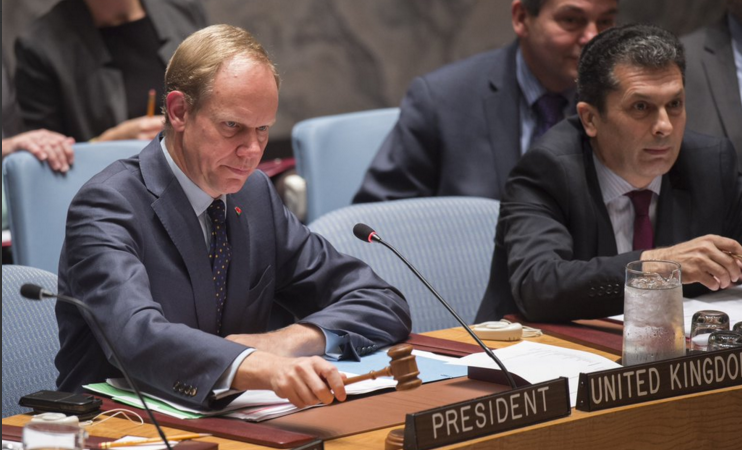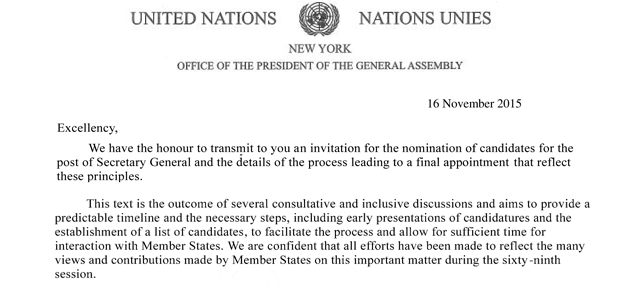The selection of five non-permanent members to sit on the UN Security Council for the 2014-2015 term has wrapped up. The 192 General Assembly members won’t actually vote until October but this has not deterred each of the regional groups from locking up their respective slates five months ahead.
Five seats are opening for four regional groups – two for Africa, and one each for Latin America, Eastern Europe and Asia-Pacific.
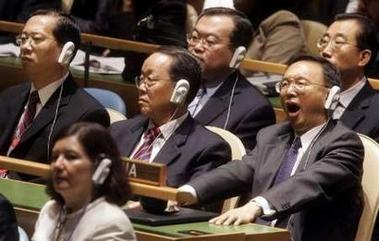
Nigeria this week secured the support of other African states to serve another term, following closely on the heels of its Council membership in 2011-2012. It will hold the seat reserved by the AU for a western African state, succeeding Togo. Chad will take over for Morocco, following a rotation between north African and central African states.
Nigeria contributes the fifth highest level of military and police to UN peacekeeping operations, but faces criticism from human rights groups for domestic insecurity between the Nigerian military and an Islamic group in the northern part of the country. Chad has hosted Sudan’s president and defense minister, indicted by the International Criminal Court, in open violation of its obligations as a party to the Rome Statute and a sanction by the Court’s pre-trial chamber last year. While both states joined the majority of the General Assembly in condemning the violence in Syria last year, Nigeria abstained this month on a vote urging a political transition in the country that would include “inclusive” democratic elections.
UPDATE: Gambia has also announced its candidacy for one of the two African seats. It will be competing against Nigeria for the seat that rotates among western African states.
UPDATE 2: Gambia has changed its mind and withdrawn from the race, leaving Nigeria as the sole candidate for west Africa. It is expected to easily secure the 2/3 necessary majority along with Chad for the two African seats.
Saudi Arabia will take over the Asian-Pacific seat from Pakistan. It will be the first time that Saudi Arabia, a founding member of the UN, has sat on the Council in the organization’s 67-year history. Its membership will also fulfill the intra-regional agreement between the African and Asian-Pacific groups to put forward an Arab state every other round for each group. Saudi Arabia is not a signatory to the ICC statute, let alone a party. But it has been vocal on ending the war in Syria, going so far as to providing funds for the opposition and stating that the Assad government should not even be part of peace talks scheduled to take place next month.
Chile was announced as the sole Latin American & Caribbean candidate at the end of April, to succeed Guatemala for the 2-year term. Lithuania will claim the East European seat, following Georgia’s withdrawal last month. According to Georgia’s foreign minister, the decision to step aside was due to “not only with diplomatic, but also financial factors,” an issue that has recently attracted interest by academic and political observers.
Both Chile and Lithuania are parties to the Rome Statute, and both voted in the General Assembly in favor a democratic “political transition” in Syria. Chile moved two observers from the UN peacekeeping mission between Syria and Israel to the UN observation mission in Syria last year. Syrian planes were barred from crossing Lithuanian airspace in 2011 over concerns that military equipment was being transported between Russia and Syria. The country’s foreign ministry last year condemned the government’s actions as “a crime against humanity.”
Questions on human rights and justice in Africa, the ongoing civil war in Syria, peacebuilding operations and the proliferation of nuclear weapons will be only some of the challenges faced by members of the Security Council. Contested races provide UN members with the opportunity to weigh a candidate’s contributions toward such concerns in the maintenance of international peace and security.
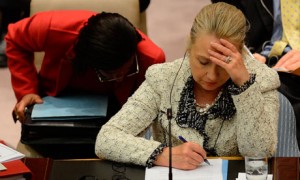
But the actions of Chad in regard to ICC indictees or the position of Saudi Arabia on the Assad government will have no bearing on their election to the Council this year. The closed regional slates will all but guarantee that Chad, Saudi Arabia, Nigeria, Lithuania and Chile easily secure the necessary 2/3 votes of the Assembly to be seated. The positions of the candidates provided above — and which this author has not found compiled anywhere else — will be moot as far as the wider membership is concerned.
Closed slates deny the world community an opportunity to seat states with demonstrated positions on current or anticipated threats to international peace. In addition, it encourages vote trading for states who agree to stand aside one year in exchange for unchallenged support in the future. And, in regards to at least Chad’s candidacy, it could actually undermine other international institutions and the obligations of state parties. Most years, there is at least one regional group in which member states will contest for one or more seats. Some years, it can be actually exciting. This year, however, the election of a full third of the seats on the Council will be little more than a rubber stamp.
Photo credits: REUTERS/Shannon Stapleton.; REUTERS/Larry Downing; Emmanuel Dunand/AFP/Getty Images

